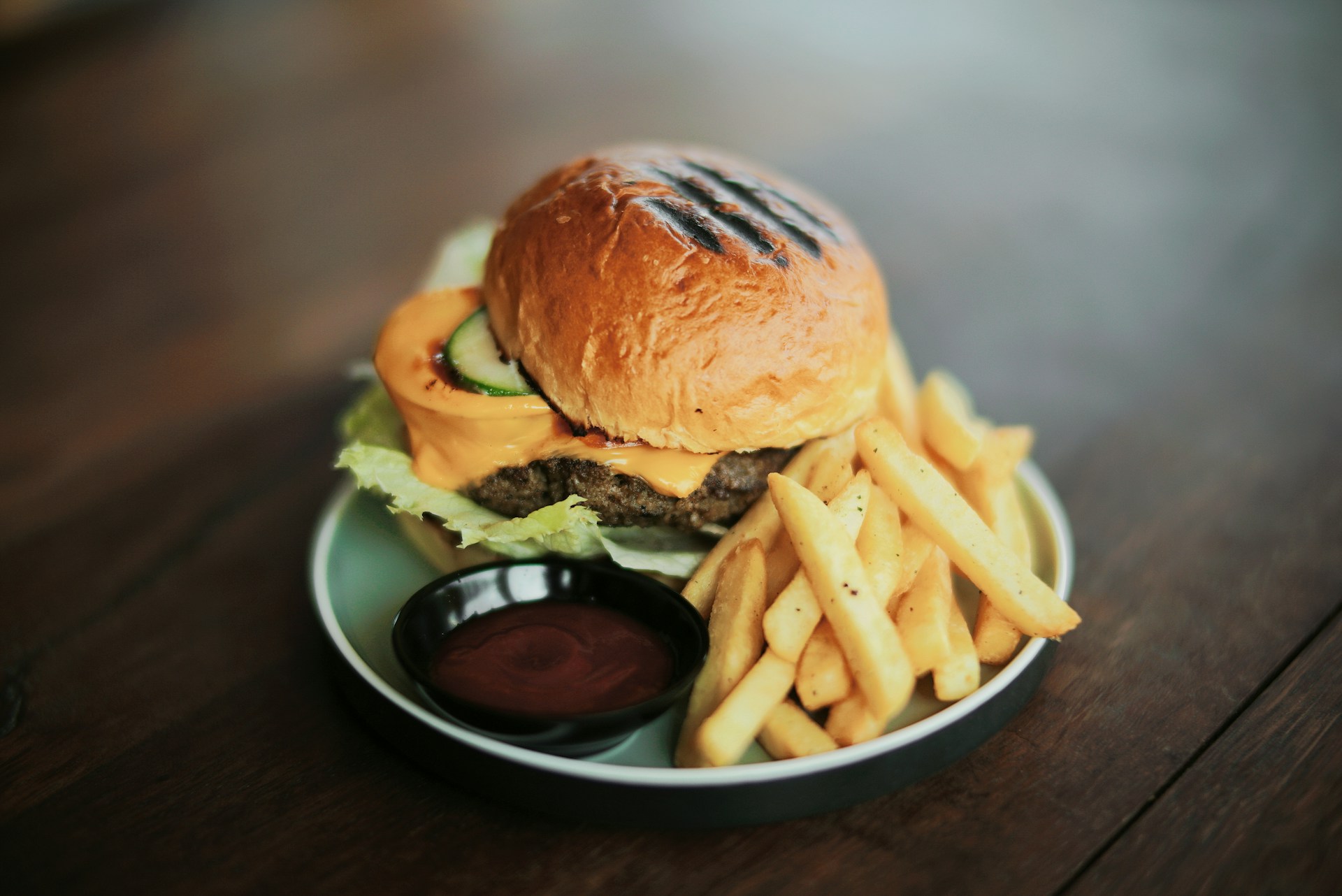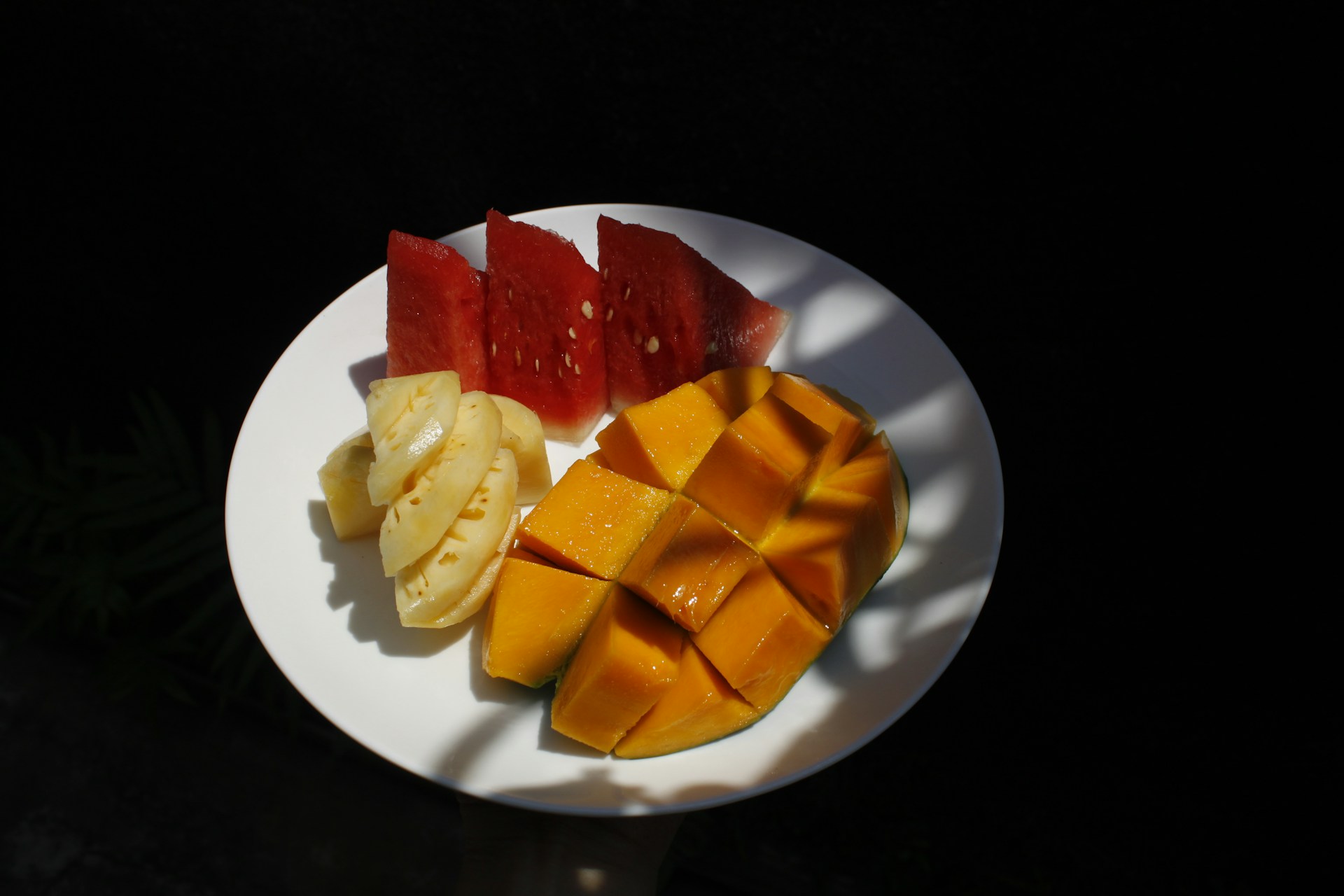Pengaruh Nutritional Support terhadap Luaran Klinis pada Pasien Intensive Care Unit
Effect of Nutritional Support on Clinical Outcomes of Intensive Care Unit Patients

Latar Belakang: Dukungan gizi (nutritional support) pada pasien kritis merupakan standar perawatan yang diakui secara internasional dan bagian yang terintegrasi dari terapi klinik pada pasien Intensive Care Unit (ICU) yang bertujuan untuk memperbaiki luaran klinis pasien.
Tujuan: Penelitian ini adalah untuk menginvestigasi pengaruh pemberian nutritional support dalam bentuk nutrisi enteral terhadap luaran klinis pada pasien ICU.
Metode: Desain penelitian ini adalah sistematik review dari beberapa artikel penelitian dengan desain penelitian Randomized Controlled Trial (RCT) sejak tahun 2010 hingga 2020. Penulisan sistematik review ini mengacu pada ketentuan PRISMA. Luaran klinis yang diteliti meliputi: lama rawat inap di Rumah Sakit (RS), lama rawat inap di ICU, dan mortalitas.
Ulasan: Penelitian menunjukkan dari 897 artikel terdapat 6 artikel yang relavan. Responden penelitian merupakan pasien rawat inap di ICU yang mendapatkan formula enteral, baik responden pada kelompok kontrol maupun kelompok intervensi. Pada kelompok intervensi pasien mendapatkan formula enteral dengan modifikasi energi (normokalori dan tinggi protein) dan zat gizi (diperkaya dengan pektin dan immunonutrient). Dukungan gizi berupa nutrisi enteral memberikan efek yang bervariasi terhadap lama rawat inap di RS, ICU, dan mortalitas.
Kesimpulan: Lama rawat inap di ICU dan RS antara pasien yang mendapatkan nutrisi enteral standar/hipokalori/tinggi protein tidak berbeda bermakna dengan pasien yang mendapatkan nutrisi enteral yang diperkaya dengan pektin atau immunonutrient. Namun demikian, pasien yang mendapatkan nutrisi enteral dengan immunonutrient memiliki lama rawat inap yang lebih rendah. Hal yang perlu diperhatikan dari penelitian ini adalah pemberian immunonutrient dapat meningkatkan risiko mortalitas 60 hari dan 28 hari pada pasien kritis.
Seron-Arbeloa. Enteral Nutrition in Critical Care. J Clin Med Res (2013) doi:10.4021/jocmr1210w.
Ridley, E., Gantner, D. & Pellegrino, V. Nutrition therapy in critically ill patients- a review of current evidence for clinicians. Clinical Nutrition vol. 34 565–571 Preprint at https://doi.org/10.1016/j.clnu.2014.12.008 (2015).
Vassilyadi F, P. A. P. C. Hallmarks in the history of enteral and parenteral nutrition: From antiquity to the 20th century. Nutrition in Clinical Practice 28, 209–217 (2013).
Liberati, A. et al. The PRISMA statement for reporting systematic reviews and meta-analyses of studies that evaluate health care interventions: Explanation and elaboration. PLoS Medicine vol. 6 Preprint at https://doi.org/10.1371/journal.pmed.1000100 (2009).
Mousavian, S. Z. et al. Randomized Controlled Trial of Comparative Hypocaloric vs Full-Energy Enteral Feeding During the First Week of Hospitalization in Neurosurgical Patients at the Intensive Care Unit. Journal of Parenteral and Enteral Nutrition 44, 1475–1483 (2020).
Pontes-Arruda, A. et al. Enteral nutrition with eicosapentaenoic acid, γ-linolenic acid and antioxidants in the early treatment of sepsis: Results from a multicenter, prospective, randomized, double-blinded, controlled study: The INTERSEPT Study. Crit Care 15, (2011).
Rugeles, S. et al. High-protein hypocaloric vs normocaloric enteral nutrition in critically ill patients: A randomized clinical trial. J Crit Care 35, 110–114 (2016).
Marik, P. E. & Hooper, M. H. Normocaloric versus hypocaloric feeding on the outcomes of ICU patients: a systematic review and meta-analysis. Intensive Care Medicine vol. 42 316–323 Preprint at https://doi.org/10.1007/s00134-015-4131-4 (2016).
Charles, E. J. et al. Hypocaloric compared with eucaloric nutritional support and its effect on infection rates in a surgical intensive care unit: A randomized controlled trial. American Journal of Clinical Nutrition 100, 1337–1343 (2014).
Arabi, Y. M. et al. Permissive Underfeeding or Standard Enteral Feeding in Critically Ill Adults. New England Journal of Medicine 372, 2398–2408 (2015).
Van Zanten, A. R. H. et al. High-protein enteral nutrition enriched with immune-modulating nutrients vs standard high-protein enteral nutrition and nosocomial infections in the ICU: A randomized clinical trial. JAMA 312, 514–524 (2014).
Heyland, D. et al. A Randomized Trial of Glutamine and Antioxidants in Critically Ill Patients. New England Journal of Medicine 368, 1489–1497 (2013).
Needham, D. M. et al. One year outcomes in patients with acute lung injury randomised to initial trophic or full enteral feeding: Prospective follow-up of EDEN randomised trial. BMJ (Online) 346, (2013).
Ibrahim, E. S. Enteral nutrition with omega-3 fatty acids in critically ill septic patients: A randomized double-blinded study. Saudi J Anaesth 12, 536–539 (2018).
Lu, C. et al. Omega-3 supplementation in patients with sepsis: a systematic review and meta-analysis of randomized trials. Ann Intensive Care 7, (2017).
Langlois, P. L., D'Aragon, F., Hardy, G. & Manzanares, W. Omega-3 polyunsaturated fatty acids in critically ill patients with acute respiratory distress syndrome: A systematic review and meta-analysis. Nutrition vol. 61 84–92 Preprint at https://doi.org/10.1016/j.nut.2018.10.026 (2019).
Chen, H. et al. Correlation analysis of omega-3 fatty acids and mortality of sepsis and sepsis-induced ARDS in adults: Data from previous randomized controlled trials. Nutrition Journal vol. 17 Preprint at https://doi.org/10.1186/s12937-018-0356-8 (2018).
Hak Cipta (c) 2024 Amerta Nutrition

Artikel ini berlisensiCreative Commons Attribution-ShareAlike 4.0 International License.
AMERTA NUTR by Unair is licensed under a Creative Commons Attribution-ShareAlike 4.0 International License.
1. The journal allows the author to hold the copyright of the article without restrictions.
2. The journal allows the author(s) to retain publishing rights without restrictions
3. The legal formal aspect of journal publication accessibility refers to Creative Commons Attribution Share-Alike (CC BY-SA).
4. The Creative Commons Attribution Share-Alike (CC BY-SA) license allows re-distribution and re-use of a licensed work on the conditions that the creator is appropriately credited and that any derivative work is made available under "the same, similar or a compatible license”. Other than the conditions mentioned above, the editorial board is not responsible for copyright violation.












































